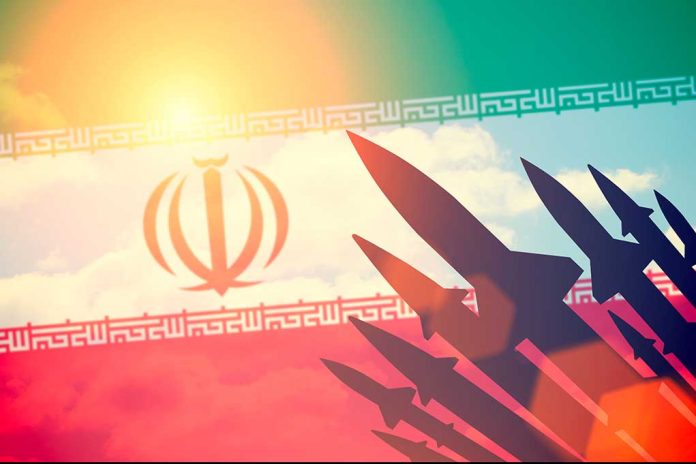
(NewsInsights.org) – Iran’s Islamic Revolutionary Guard Corps (IRGC) claimed responsibility for launching 11 ballistic missiles at the city of Erbil in the Kurdistan region of Iraq. Witnesses described hearing at least eight major explosions in the early morning hours before sunrise on Tuesday, January 16. Iran, while claiming to respect the sovereignty of other nations, said it was attacking Israeli “spy headquarters” in the Iraqi city to protect against perceived security threats.
The attack killed four, including Peshraw Dizayee, a Kurdish multimillionaire businessman, and his family members. One of the missiles apparently targeted his home. Dizayee was reportedly close friends with Masrour Barzani, Prime Minister of the semi-autonomous Kurdistan region. Barzani condemned Iran’s attack on Erbil as a “crime against the Kurdish people,” according to Al Jazeera. Six people also received injuries during the bombing raid.
Iraq recalled its ambassador from Iran after the attack and summoned Tehran’s charge d’affaires to lodge a formal protest against the missile strike. The Iraqi government said it was considering its options, including the possibility of filing a formal complaint with the United Nations Security Council regarding the unprompted attack. The Iraqi Foreign Ministry condemned the attack against its national sovereignty and announced the formation of a commission to investigate Iran’s claims to disprove them.
Iran’s strike on Erbil wasn’t an isolated incident. On Tuesday, the same day as the Erbil barrage, the IRGC admitted to a missile and drone attack on the Balochistan region of neighboring Pakistan. On Monday, the day before firing missiles at Pakistan and Iraq, the IRGC against what it claimed were ISIL forces in Idlib, Syria. Iran claimed to have launched four Kheibar missiles at “perpetrators of terrorist operations in the Islamic Republic, particularly ISIL.”
The Islamic State (IS) claimed credit for the January 3 bombings in the Iranian city of Kerman during memorial celebrations commemorating the assassination of IRGC General Qassem Soleimani. The suicide bombings killed more than 90 people, and Iranian leaders vowed vengeance for the deaths.
Yet Iran’s uncharacteristic attack on Pakistan signaled a dramatic regional escalation because the two nations have enjoyed open and robust communications and cordial relations. Iran claimed it targetted an ethnic Sunni Muslim group called Jaish al-Adl, or “army of justice,” which has plagued both Iranian and Pakistani forces. However, Pakistan recalled its envoy to Iran and refused the Iranian ambassador’s reentry to the country for now, according to BBC reports.
Other nations, including China, are cautioning Iraq, Syria, and Pakistan to consider regional tensions and act with “restraint” towards Iran to avoid further escalation.
Copyright 2024, NewsInsights.org

















